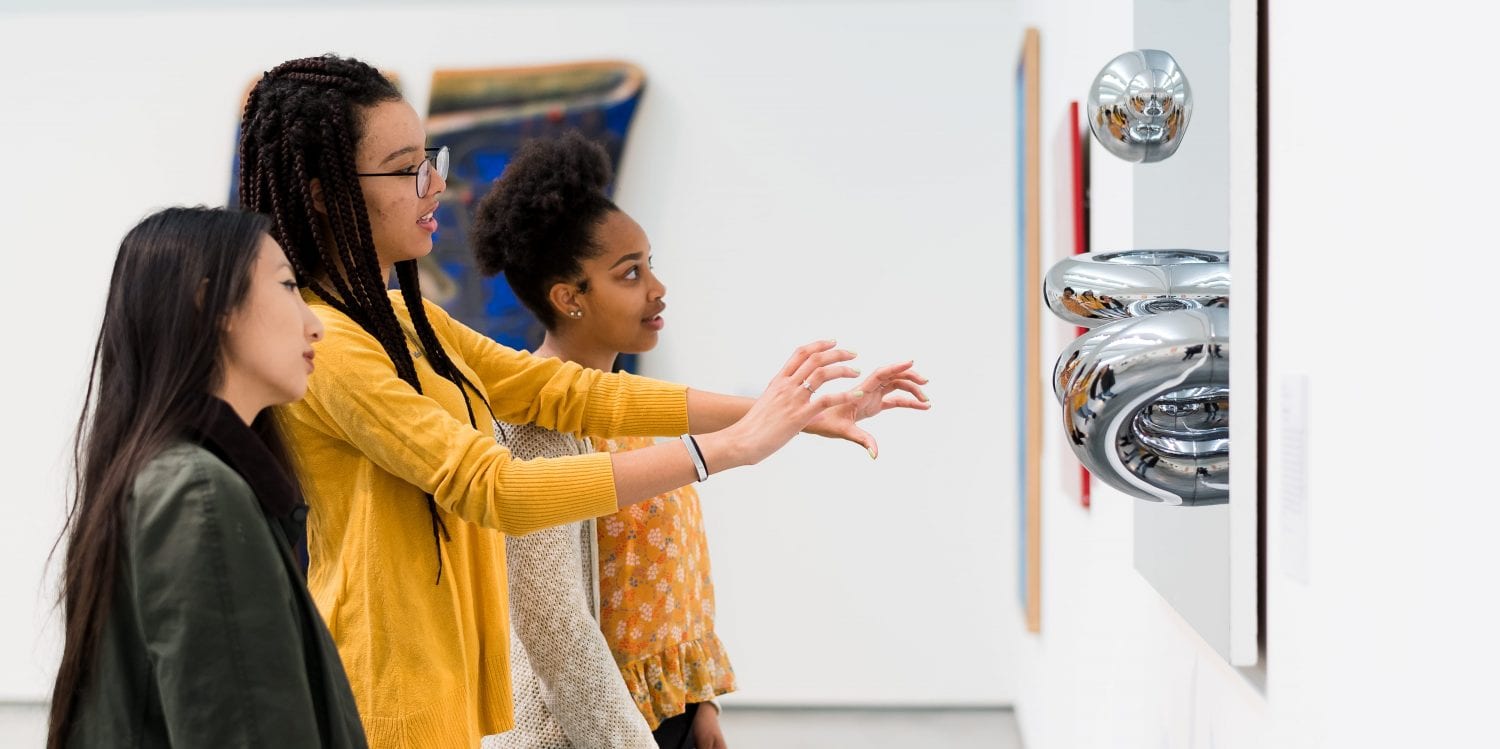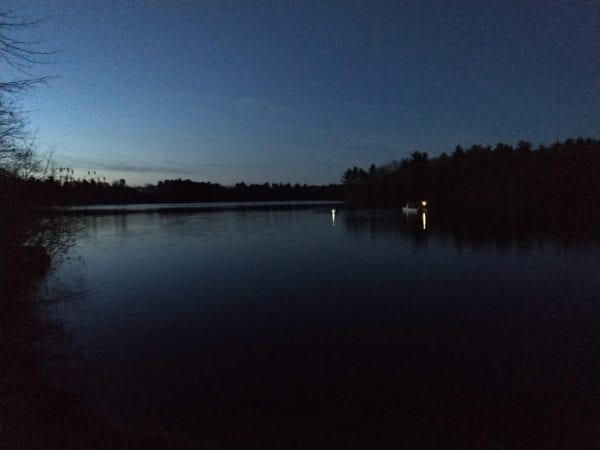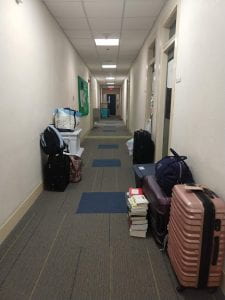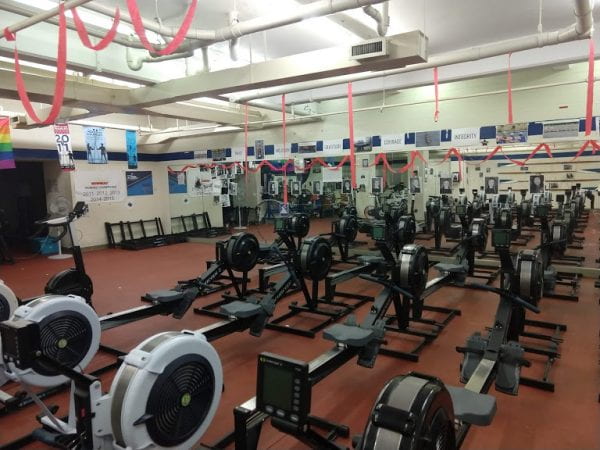What a year this week has been. On Monday, the crew training trip to South Carolina was cancelled, and my teammates and I were hugely disappointed. We thought that was bad. Cancelling a bus trip felt a bit excessive, but we were nonetheless looking forward to a week of rowing on campus and on the Charles. The weather here has been warm enough, anyway.
And then, on Monday, Amherst College announced that they were moving to online classes after spring break to avoid worsening the coronavirus pandemic. Everything started spiraling. Would Wellesley do the same? Would we attend virtual classes from our dorm rooms or just go home? For how long?
Harvard and MIT and Tufts sent students home, triggering chatter about the latest schools to cancel classes. Mount Holyoke, Smith, Olin. Every class began with a discussion of what would happen if we went online. My classmates kept asking questions that professors didn’t have the answers to: if we’re having class over video chat, what about time zones? And what would happen to students for whom home isn’t safe? When would we have more information?
I don’t know anything you don’t know, the professors told us.
So we waited. Babson, Williams, Boston College all shut down. It seemed like a matter of time until Wellesley did the same, but some of us remained hopeful, naive, that we would be able to finish out our semester. Focus wavered. Schoolwork fell low on the list of priorities. We didn’t know whether we would have to book last-minute travel to places that may or may not be shut down. We didn’t know if Wellesley would pay for low-income students’ emergency travel or refund parts of room and board. We didn’t know if students who needed to would be able to stay. And what about dining hall workers and custodial staff whose bank accounts won’t get them through months without work? What happens to them if we all leave?
My team got two boats ready on Wednesday morning, though we hadn’t planned to row until Monday. We knew that it was only a matter of time before we wouldn’t be able to row at all. After months of indoor training, we just needed to take some strokes. We screwed riggers onto gunnels while the morning moon sparkled over the lake. The seniors on the team—eight rowers and one coxswain, an entire boat—went out for a row in their sweatpants and hoodies. Thursday morning, we all got a chance to feel the water underneath us once again. We knew our strokes were numbered.
And then, in the middle of my Portuguese class on Thursday, the email came. Classes would go online. We’d have to leave by Tuesday evening. Housing would be offered to those with special circumstances.
My professor let us go early and we scrambled to call our parents, find our friends, and spend our allotment of Flex points at the campus snack shop. We cried over lunch and updated group chats with our travel plans. Athletic events, performances, and lectures were cancelled. Suitcases and cardboard boxes appeared in dorm hallways, and leftover snacks took over living room tables.
We weren’t ready to go. We aren’t. Not now, in March, when the grass is still beige and the trees are still bare and 70°F days are the exception.
My team got in some final strokes on Thursday afternoon and Friday morning. My heart breaks for the seniors who could almost taste their final NCAA trophy—gold this time—but won’t get the chance to earn it. And the theater kids whose show was so close to going on, just hours until it wasn’t anymore. And my peers whose families are on lockdown somewhere, those who don’t feel comfortable at home, and all of us who never penciled this into our calendars. Most of all, my heart breaks for those who are sick and whose loved ones are sick. This is a pandemic first, a college mishap second.
The Class of 2020 won’t get a senior spring. So many Wellesley traditions normally unfold over April and May, by which time we’ll be long gone. But the seniors refused to go without their rites of passage, so they rallied to pull these events together anyway. Yesterday saw hooprolling, stepsinging, and an unofficial graduation ceremony within the span of a few hours. Those rituals shouldn’t have to happen this way, but their organization showcased incredible love and support, even while everyone’s hurting. We should be social distancing, but this has only brought the Wellesley community closer together.
Cars crowd the quad as families pick up their kids. Dining hall options are limited, and we can’t serve our own food. Rooms are emptying out one by one. Just a week ago, I thought I’d be spending spring break in South Carolina.





